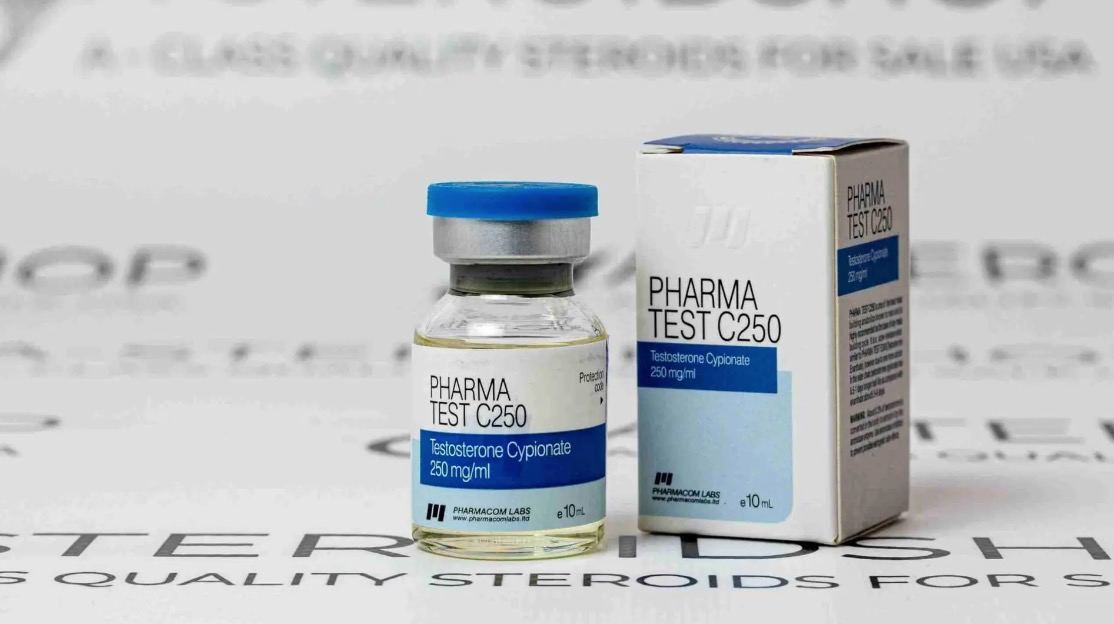Introduction
The energy and endurance displayed by top athletes can seem almost superhuman. But what's behind this seemingly endless stamina? Beyond genetic advantages and intense training schedules, the key to prolonged athletic excellence often hinges on understanding and leveraging the basics of endurance and metabolic enhancement. This guide will explore effective natural methods that can boost an athlete's performance and maintain high energy levels without resorting to artificial enhancements. For more specialized information, resources like https://a-steroidshop.ws/pharmacom-tren-a-100/ offer insights into responsible performance enhancement.
Nutritional Strategies for Enhanced Endurance
The role of nutrition in athletic performance cannot be overstated. A diet tailored for endurance supports long-lasting energy and efficient recovery. Key components of such a diet include:
- Complex Carbohydrates: Opt for whole grains, oats, and legumes for sustained energy release, crucial during extended training.
- Protein: Vital for muscle repair and growth, include varied protein sources like poultry, seafood, and legumes in your meals.
- Healthy Fats: Sources like olives, nuts, and seeds not only provide prolonged energy but also aid in cellular function and recovery.
- Essential Micronutrients: Consuming foods rich in iron, zinc, and B vitamins, such as spinach and bananas, supports energy metabolism and muscle function.
Integrating these nutrients into your diet can dramatically boost your physical capabilities and endurance.
Importance of Hydration and Athletic Performance
Hydration is paramount for optimal athletic performance, influencing everything from temperature regulation to nutrient transport. Here are some effective hydration practices:
- Pre-Exercise: Begin hydrating with at least 16 ounces of water a couple of hours before exercise.
- During Exercise: Continue to hydrate with small, frequent sips of water to maintain performance during intense or lengthy sessions.
- Post-Exercise: Rehydrate with water or an electrolyte drink to replenish fluids and aid recovery.
Proper hydration strategies are crucial for enhancing endurance and metabolic efficiency.
Balancing Training with Adequate Rest
Sustainable endurance building involves more than relentless training; it requires strategic rest. Effective training should include:
- Structured Training: Follow a consistent schedule that progressively increases in difficulty to build stamina and prevent burnout.
- Rest and Recovery: Allocate days for rest and employ recovery methods like yoga, foam rolling, and adequate sleep to allow muscle repair and growth.
This balance is essential for continuous improvement and long-term athletic health.
Natural Supplements for an Extra Edge
While diet is the foundation, some natural supplements can further enhance performance:
- Beetroot Juice: Its high nitrate content can significantly improve blood flow and oxygen delivery to muscles.
- Caffeine: Utilize natural sources like green tea for a boost in concentration and endurance during exercises.
- Omega-3s: These anti-inflammatory agents from sources like fish oil and walnuts aid in recovery and cardiovascular health.
Supplementation should be tailored to your specific needs and goals, ideally under professional guidance.
Conclusion
Achieving peak athletic performance naturally requires a combination of strategic nutrition, effective hydration, disciplined training, and the right supplementation. By adopting these holistic approaches, athletes can improve their endurance and metabolic processes, contributing to better performance and overall health. Embrace these strategies to maximize your athletic potential and maintain peak condition consistently.
This comprehensive approach not only enhances performance but also ensures athletes remain in top form without the need for synthetic aids.



